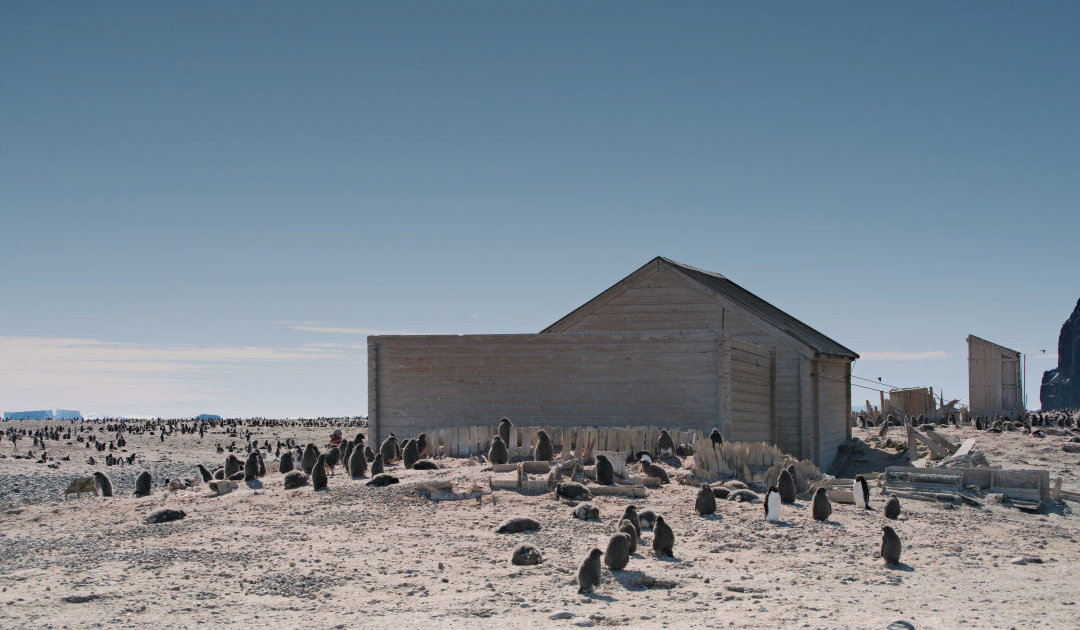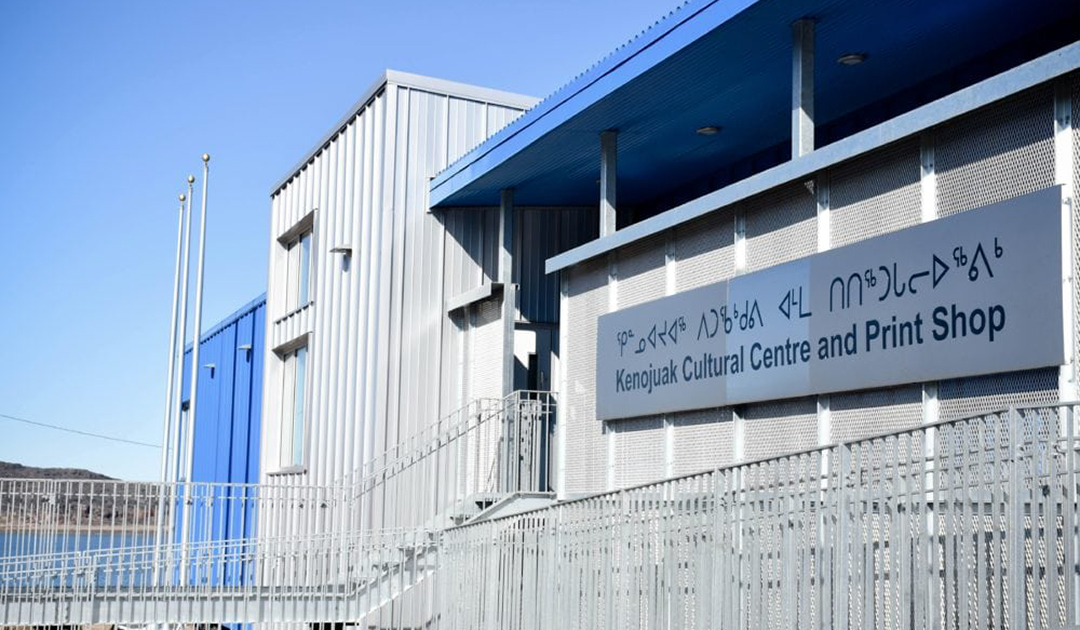
Arctic Hub – A bridge between research and society in Greenland
The International Arctic Hub platform has been active for about a year and went online with its new website a few days ago.

The International Arctic Hub platform has been active for about a year and went online with its new website a few days ago.

With ” Antarctic Marine Wildlife” Jamie Watts has created a comprehensive identification guide to Antarctic wildlife above and below the water.

New Zealand experts are using a mobile device app to bring the first building on the Antarctic mainland and its objects to life in 3D.

Plastic debris is choking the ocean. Gate to the Arctic expedition sailed to Bear Island on 74 degrees north to collect, analyze and lay the foundation for future young Arctic Ambassadors.

Chile aims to consolidate its position as the most important gateway to West Antarctica with its Antarctic Center for Research, Logistics and Education in Punta Arenas.

Historian and polar guide Dmitry “Mitya” Kiselev writes in his book about the first Soviet Arctic station on Franz Josef Land, which was a pioneer in many aspects.

An IAATO-funded fellowship is open to prospective Antarctic researchers and their applications are due by the end of May.

The effects of climate change, which residents of Arctic communities are already experiencing, will be captured by young people in a documentary.